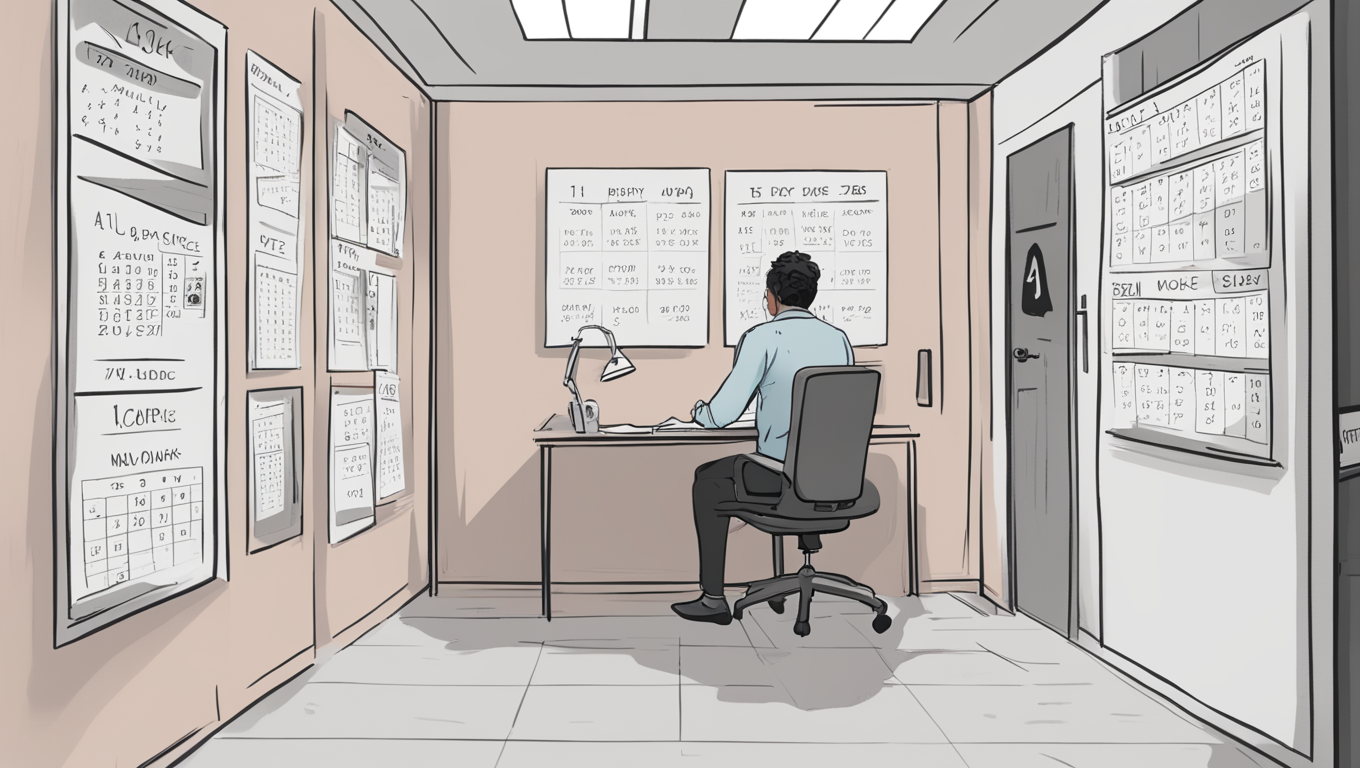In a recent interview with Bloomberg’s Emily Chan, J.P. Morgan’s CEO Jamie Dimon made a bold prediction about the future of artificial intelligence (AI) and its impact on the workplace. Dimon forecasts that the next generation will work a 3.5-day work week, thanks to the advancements of AI. While there are concerns about job displacement, Dimon believes that AI can be harnessed to augment human intelligence and improve the way we work.
Dimon acknowledges that technology will always replace jobs, but he emphasizes the importance of redeploying people rather than leaving them unemployed. He points out that AI has the potential to take over every process, from note-taking to database management. It can act as a co-pilot or even replace humans entirely. The possibilities are vast, and Dimon describes AI as a “living breathing thing” with different models.
Despite the fears surrounding AI, Dimon suggests that we should embrace it and view it as a tool that can enhance our work. He offers three ways to partner with AI to augment human intelligence. Firstly, AI can facilitate healthy communication and relationship-building by listening in to real-time speech and generating meeting notes. This minimizes the risk of misunderstandings and forgotten details. Natural Language Processing (NLP) can also help analyze tone and sentiments in written communication, strengthening connections with others.
Secondly, AI can stimulate creative thinking by generating new ideas and solutions. Tools like ChatGPT and Typeshare can assist in brainstorming and provide valuable information that may not have been initially considered. While human creativity is still in high demand, incorporating AI into the process can streamline it and make it more enjoyable.
Lastly, AI can reduce repetitive and time-consuming work, allowing employees to focus on more meaningful tasks. Administrative work, such as data entry and email management, can be automated with AI, saving employees valuable time. This eliminates inefficiencies in the workplace and decreases the risk of burnout.
Dimon’s prediction of a 3.5-day work week aligns with the growing trend towards a shorter work week. Studies have shown that a four-day work week can increase productivity and improve mental well-being, with employees reporting less burnout. If AI continues to develop and automate tasks, the potential for a 3.5-day work week becomes even more feasible.
While there are concerns about job displacement, the benefits of AI in the workplace cannot be ignored. As Dimon notes, “technology is always going to replace jobs, but we hope to redeploy people.” AI has the potential to revolutionize the way we work, allowing us to work smarter and not harder or longer. By embracing AI and incorporating it into our work processes, we can unlock new possibilities and create a more efficient and balanced future.





Use the share button below if you liked it.